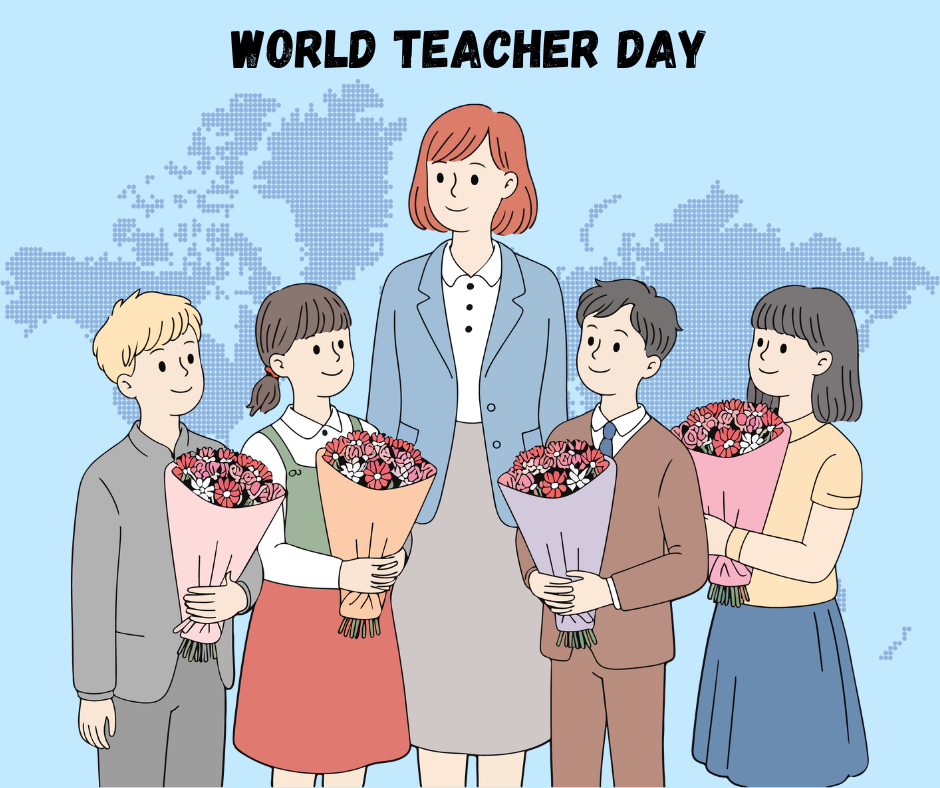Year after year, women work the same jobs, put in the same hours and bring the same skills as men, yet they’re still paid less. The gender pay gap isn’t just a number; it’s proof that inequality is prevalent in today’s workplace.
How much longer will women be told their work is worth less? Every hour, every task, every late night spent grinding is met with a smaller paycheck, simply because they are women. Experts argue that this disparity reflects systemic discrimination. Men are handed bigger paychecks for the same job, fueled by outdated, biased ideas that devalue women’s worth. We will not accept a system that rewards one gender and punishes another for equal effort. The gender pay gap must end now.
Gender discrimination poisons every workplace, robbing women of the fair pay they’ve rightfully earned.
Guadalupe Flores, 39, experienced pay inequality firsthand when she worked at Khols a few years ago..
“While working at a retail store, I was getting paid less for doing the same job as a male coworker. I realized he was getting paid more because he could lift way more than a woman can, even though it was the same position. He was also promoted before I was and I was working there longer,” Flores said.
This experience highlighted the broader issue of gender inequality in the workplace for Flores.
Building on this idea, Flores has an idea about why women are paid less than men.
“[It’s] because of their physical appearance and their physical abilities. They just think we are a pretty face,” Flores said.
Flores goes on to explain that this belief is deeply rooted in societal norms. She states how men think they are superior to women because of their physical strength and the long history of men leading.
“[It] can affect how much a woman gets paid because of having preferences of thinking that men are stronger and are able to do more because of their capabilities; also because it’s been engraved in their heads for so long that men are superior,” Flores said.
While Flores believes stereotypes about women’s appearance play a major role, others see the issue also as part of a much larger, ongoing struggle.
Kathleen Peterson, a teacher at MCHS, shares her thoughts on the gender pay gap.
“The gender pay gap continues to be an issue that we, as a nation, are not doing enough to end. A very old-school, traditional way of thought was that the man of the household is the provider, and therefore, men should make more than women. This is such an antiquated way of thinking. Families come in all shapes and sizes now. And, more importantly, all people should be paid for the work they do regardless of their gender. Period,” Peterson said.
She believes that this outdated mindset impacts not only women’s pay but also their chances for advancement in the workplace.
Peterson argues that some men in leadership positions may dismiss women’s efforts to gain more influence.
“Unfortunately, the glass ceiling still exists in the corporate and the political worlds. A woman can try to shatter it, but it is much harder because the men at the top are creating a system that favors men over women. These men are afraid of losing their power. They claim women are ‘too emotional’ to handle difficult situations. This is just an excuse for keeping the power all for themselves,” Peterson said.
Despite these challenges, Peterson remains hopeful that continued progress will bring respect and fair compensation for women, both now and for future generations.
“Women only got the right to vote in 1920. I’d like to say we are making progress, but truthfully, we are not making enough progress in areas of equality. All people should be paid for the effort of their work instead of their sex. We have a long way to go before we change that,” Peterson said.


































